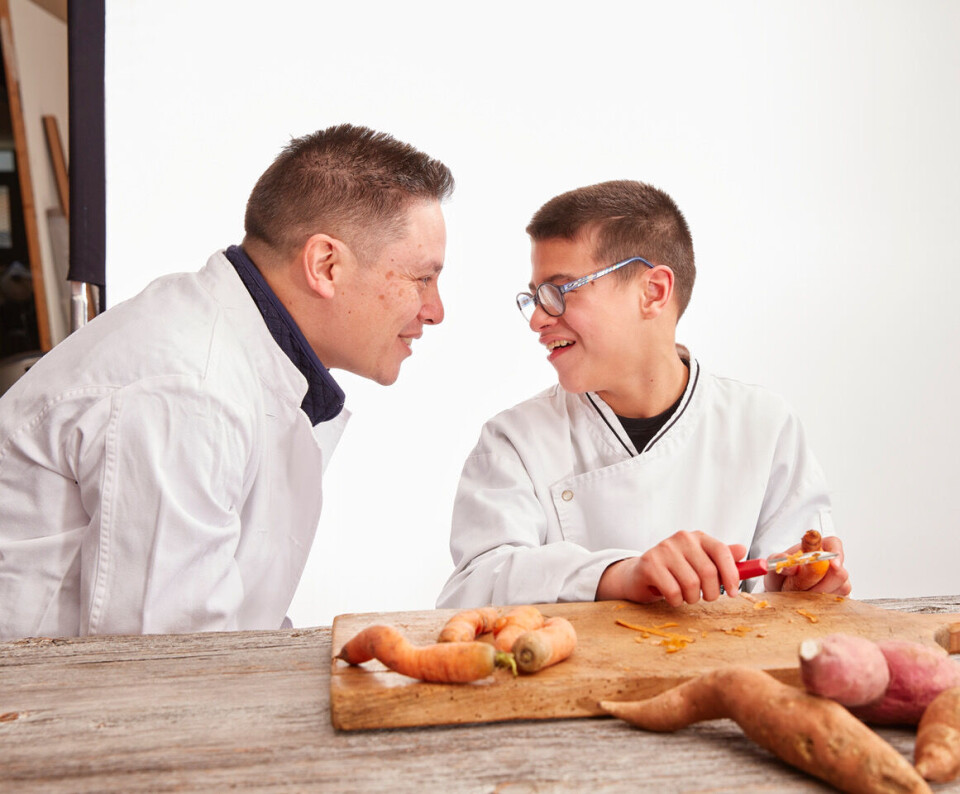-
Can small businesses earn interest on deposits in France?
Accounts in France are dominated by government-regulated products such as the Livret A and its higher-paying counterpart, the Livret d’épargne populaire (LEP)
-
Can I work in France with UK TEFL teaching qualifications after Brexit?
Advice for foreign language teachers seeking employment in France after Brexit.
-
'I moved to the French countryside and became manager of a dog kennel to save my soul'
Connexion reader Anita Rhoden shares her experiences after leaving a high-pressure banking job in the UK
Different but skilled: French caterers empower staff with disabilities
‘Differences do not prevent us from having talent’, says Olivier Tran, who runs a training programme to give more opportunities to people with disabilities

Biscornu is a catering firm and training programme set up by the father of a son with severe autism to increase employment opportunities for people with disabilities.
Read more: French firms given financial support to employ disabled workers
Olivier Tran gave up his job in the aircraft sector 18 months ago to launch his business creating verrine desserts with top chefs and disabled employees from imperfect organic fruit and vegetables. They are delivered to boutiques and companies in central Paris.
He said: “‘Biscornu’ means misshapen. The name reminds us we are all different and difference does not prevent us from having talent. The fruit and vegetables we use are twisted, but still have flavour and should not be thrown out. The same goes for our children. My 15-year-old son Alexandre has severe autism and cannot speak. He is very different, but he has skills.”
Most of Mr Tran’s staff have disabilities. His assistant is partially sighted, an administrative assistant has a musculoskeletal disorder, and the commis chefs have autism, Down’s syndrome and other similar conditions.
He says most employers do not take on disabled staff because they do not know how to and are frightened. He has learnt, however, that everything is possible.
“We get advice from specialists in associations and from families who explain how they function with their child. Once you have worked out how to communicate, it is not very difficult.”
His son is taking part in the new training programme, which uses drawings rather than words. Diagrams, for example, show the ingredients and layers in each verrine.
“It works well over a range of disabilities,” says Mr Tran.
“Giving young people an opportunity is essential as it comes at a pivotal moment. Either they have a future in front of them, or they do not, and will spend the rest of their lives in an institution or at home with their family.”
Related stories:
Housing, disability, family: the French state aids people do not know
World Cancer Day: France encourages three regular cancer screenings
























